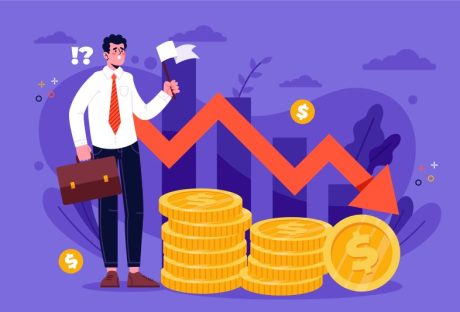When it comes to financial record keeping, there’s perhaps no other document more important for you to save than your pay stub. You might think your employer would provide you with a year-end summary of your earnings, but that’s not always the case.
Avoid tax and employment problems down the road by holding onto your pay stubs and knowing how to read them. This quick guide will help you to understand the importance of your pay stub.
What is a Pay Stub?
A pay stub is a payment statement that you receive from your employer that details how much money you’ve earned in a given pay period, as well as any deductions that have been taken out of your paycheck.
This can include things like taxes, health insurance, and retirement savings contributions. Although the federal government does not require employers to provide their workers with a pay stub, most states have their own laws in place that mandate this.
In some cases, your employer may opt to provide you with an electronic pay stub, rather than a physical one. If this is the case, be sure to print out a copy and save it for your records.
Why Are Pay Stubs Important for Financial Record Keeping?
You will need your gross and net payment details at tax time to accurately report how much money you earned over the course of the year. Your pay stub information helps you keep track of any staff benefits that have been added to or deducted from your paycheck.
This is important for two reasons: first, it can help you to budget accordingly; and second, if there are any discrepancies, you’ll have documentation to back up your claim. Finally, pay stubs can also serve as proof of employment in the event that you need to apply for a loan or other type of financial assistance.
How Do I Read a Pay Stub?
Pay stubs can vary somewhat from employer to employer and the payroll system they use. Generally, most pay stubs will contain the following information:
- Your name and contact information
- Your employee ID number
- The check number
- The date of the pay period
- The amount of money earned during the pay period
- A breakdown of any deductions that have been taken out
If you have any questions about your pay stub, be sure to ask your employer for clarification. After all, it’s important that you understand exactly how much money you’re taking home each week or month.
How Long Should You Keep Your Pay Stubs
In general, it’s a good idea to hold onto your pay stubs for at least one year. This will give you plenty of time to file your taxes and resolve any discrepancies that might arise.
If you’re self-employed, you’ll need to create a pay stub each month and keep them on hand for even longer than a year. That’s because you’ll need them to prove your income in the event that you ever apply for a loan or other type of financial assistance.
How To Create A Pay Stub
If your employer doesn’t provide you with a pay stub, or if you’re self-employed, but if you do not know how to make paystubs then you can create your own using an online pay stub generator.
This is a quick and easy way to create a pay stub, but it’s important to work with reputable companies that provide you with a document that will be considered legitimate by the US government.
Make light work of your financial record-keeping by using our pay stub generator which is easy to use and generates safe documents. Start by selecting the right pay stub template.
Read Also:
























